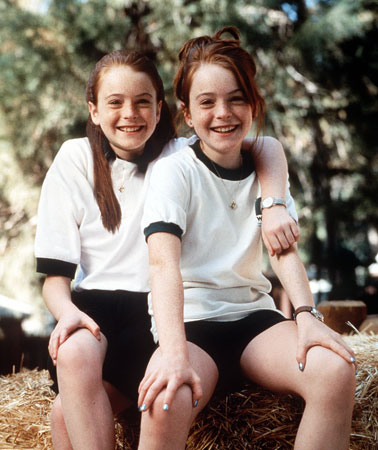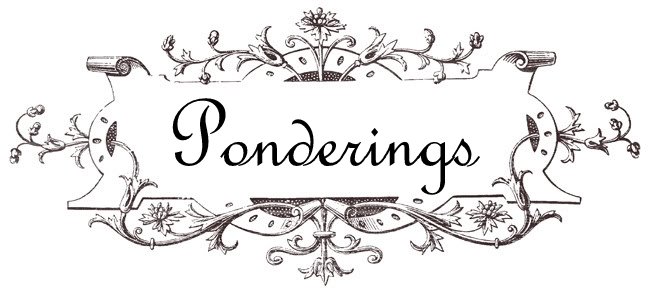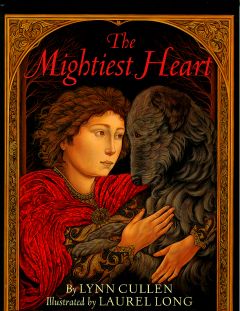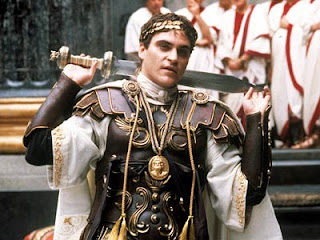The Tale of Two Cities
Charles Dickens
My Rating: 4 Stars
“...every human creature is constituted to be that profound secret and mystery to every other. ....every beating heart in the hundreds of thousands of breasts there, is, in some of its imaginings, a secret to the heart nearest it!... In any of the burial-places of this city through which I pass, is there a sleeper more inscrutable than its busy inhabitants are, in their innermost personality, to me, or than I am to them?”
When I think of Dickens, I am transported back to an attic with four sisters lounging about reading aloud from their homemade paper. Each sister had adopted a character from Dicken's Pickwick Papers and what ensues is hilarious to read about. Yes, I'm talking about one of my favorite books of all time, “Little Women”.
Dickens comes to mind as humorous when in fact, he wrote much serious work. I have only been able to read one book and some excerpts by him but I have been impressed with what I have read. I am looking forward to reading more of his work before long. Reading classics has made me appreciate authors of all genres because I hear echoes in all work. But aside from that, what we can learn from Dickens in all areas of life is something to take into account.
As you may have already guessed, the book I read was “Tale of Two Cities”. While reading it, I kept notes of what I liked and disliked and how I felt about the work. It was very dry at first. I believe I was in chapter five or so before I finally felt a connection with the author. I believe it was about this point that Dickens actually began to enjoy his story and wasn't just writing it for the money.
The character notes and excerpts are from when I read the book. The rest, from memory. :-)
Summary:
When it begins, the rumblings of the Revolution are beginning to sound more loudly in the streets of Paris. We find that a certain Dr. Manette had been locked away in a cell for many years and he has almost lost his mind from the isolation and conditions to which he has been confined. Due to certain circumstances, his daughter Lucie and good friend Mr. Lorry come and free him from his captivity, taking him back to Britain. There, he lives in peace for awhile with his darling and they are happy.
But Charles Darnay arrives on the scene. He's a good man. There is such a believable quality of character to him. He falls in love with Lucie and Lucie with him and they get married. But the day they are married, he tells Dr. Manette who he is, for Charles Darnay was not his name. The shock almost sent Dr. Manette to madness but his friends gathered around him and wouldn't let him go. Instead, they brought him to a higher plateau of sensibility than had been his before the shock. The good man wanted his daughter happy above all else. And he knew that regardless of Charles Darnay's heritage, the man was innocent of wrong doing.
Happiness is but for a time. As the years fly by, the noise of the Revolution increases and due to his heritage and his morality, Charles Darnay must go to France. And in doing what he feels is right, he nearly gives up his life.
All through this story is a delightful sense of mystery, romance, history, adventure... and characters you thought were good and exciting turned to be villains or vice-versa. And the humor! Ah yes. There is some. :-) And when it comes, it's very effective.
“The faintness of the voice was pitiable and dreadful. It was not the faintness of physical weakness, though confinement and hard fare no doubt had their part in it. Its deplorable peculiarity was, that it was the faintness of solitude and disuse. It was like the last feeble echo of a sound made long and long ago. So entirely had it lost the life and resonance of the human voice, that it affected the senses like a once beautiful color faded away into a poor weak stain....”
Character Notes:
Here is a list of characters I had formed an opinion of throughout the book. As you will see, some changed for me the further I read.
Charles Darnay:
Indefinite... he was simply in the story. Then, he became more and more noble. I admire his obedience to what he feels is right.
Lucie:
Sweet, kind, very much the lady. Two separate times she surprised me with back bone and good sense: both were when a certain Sydney Carton was involved.
Doctor Manette:
Very noble, very strong; someone who suffered much and came out marked for life but overcoming. This world needs more men like him.
Sydney Carton:
From the first, Sydney Carton surprised me. His sudden stand in the courtroom to defend Darnay, his tender love for Lucie, his apparent worthlessness, then, his willingness to give up his life. I love the opposites of his character. I love how unpredictable he is. I love how I can't quite figure him out. :-)
John Barsad:
I should have known he was involved somehow. Good ol' Solomon. :-P
Miss Pross:
I still love Miss Pross. Predictable, loyal, strong, womanly but very sudden. And very deaf! What a lady!
Defarge:
I thought this man was rather noble and clever. Then, I found out what little backbone he had and my good opinion of him is on the verge of going opposite. There was some good in the man but...
Madam Defarge :
I knew she was dangerous. But I thought it was a controlled dangerous... and for most of the book it was. But when she had a power, you feel that she is on the verge of insanity. I breathed a sigh of relief at the ending. Very fitting.
Jerry:
I found this man very funny. I love his quote about how Mrs. Jerry is supposed to honor and obey him and how religiousness ruins his “business”. His resurrection-man humor is to die for and the conversations he has with Young Jerry never fail to make me laugh out loud. Young Jerry is all boy and Old Jerry is... well, he's Telson's Bank odd-job-man who has a distinct aversion to all things connected with 'flopping'. :-)
Mr. Lorry:
The story begins with him and he is there, faithful, to the end. A true friend, noble, honest, level-headed and a “man of business”. :-) He was a very comfortable character because you always knew what he was going to do and it was always very correct. Amusing but I never laughed at him in a mocking way, as I did Mr. Stryver. :-)
I think that this book should be on the list of books that make a person well read. It's a classic for a reason. If you haven't read any other works by Dickens, you may find it a little dry at first. But hang in there! By the time I was half way through the book, I was completely interested. The ending is phenomenal. And if you can't get into the story, then read it for a study of characters. :-)
“Father,” said Young Jerry, as they walked along: taking care to keep at arm's length and to have the stool well between them: “what's a Resurrection-Man?”
Mr. Cruncher came to stop on the pavement before he answered, “How should I know?”
“I thought you knowed every thing, father,” said the artless boy.
“Hem! Well,” returned Mr. Cruncher, going on again, “he's a tradesman.”
“What's his goods, father?” asked the brisk Young Jerry.
“His goods,” said Mr. Cruncher, after turning it over in his mind, “is a branch of Scientific goods.”
“Persons' bodies, ain't it, father?” asked the lively boy.
“I believe it is something of that sort,” said Mr. Cruncher.
“Oh, father, I should so like to be a Resurrection-Man when I'm quite growed up!”
Mr. Cruncher was soothed, but shook his head in a dubious and moral way. “It depends upon how you develop your talents. Be careful to develop your talents, and never to say no more than you can help to nobody, and there's no telling at the present time what you may not come to be fit for.” (The Honest Tradesman)












































